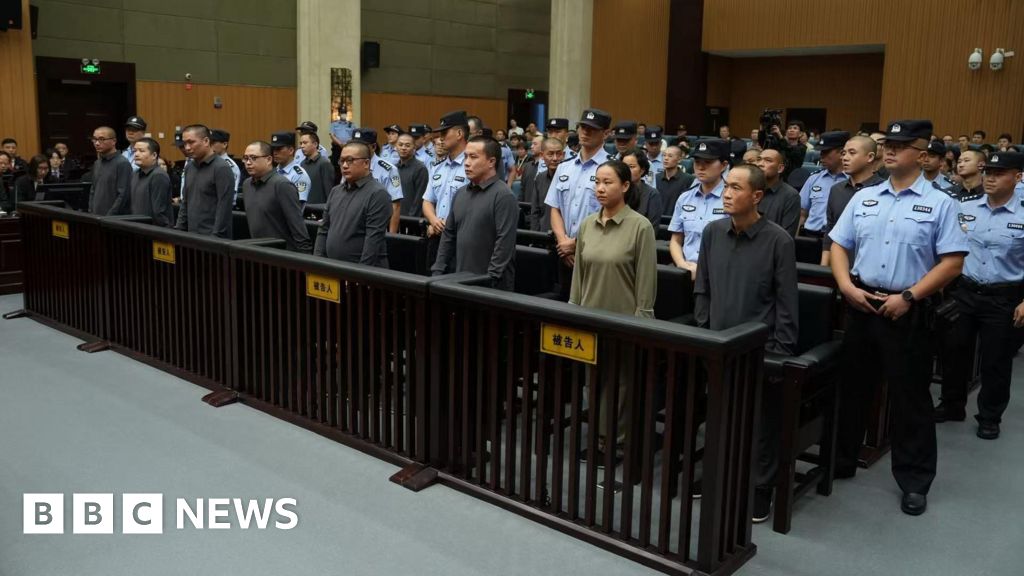By Jonathan Head
Copyright bbc

Initially developed to take advantage of Chinese demand for gambling, which is illegal in China and many other neighbouring countries, Laukkaing’s casinos evolved into a lucrative front for money laundering, trafficking, and dozens of scam centres.
It was seen as the engine-room of what the UN has dubbed the “scamdemic”, which has seen more than 100,000 foreign nationals, many of them Chinese, being lured to scam centres where they are effectively imprisoned and forced to work long hours, running sophisticated online fraud operations targeting victims all over the world.
The Ming family were once one of the most powerful in Myanmar’s Shan State, and ran scam centres in Laukkai which held at least 10,000 workers. The most notorious was a compound known as Crouching Tiger Villa, where workers were routinely beaten and tortured.
Then, two years ago, an alliance of insurgent groups launched an offensive which drove the Myanmar military out of large areas of Shan State, and took control of Laukkai. China, which holds significant influence over these groups, was assumed to have given the offensive a green light.
Ming Xuechang, the family patriarch, reportedly killed himself; other family members were handed over to the Chinese authorities. Some have made remorseful confessions.
Thousands of those working in the scam centres have also been handed over to the Chinese police.
With these sentences China is signalling its determination to deal harshly with the scam business on its border. Pressure from Beijing also forced Thailand to take action against scam centres along its border with Myanmar earlier this year.
Despite this the business has adapted, with much of it now operating in Cambodia, though it is still prevalent in Myanmar.



